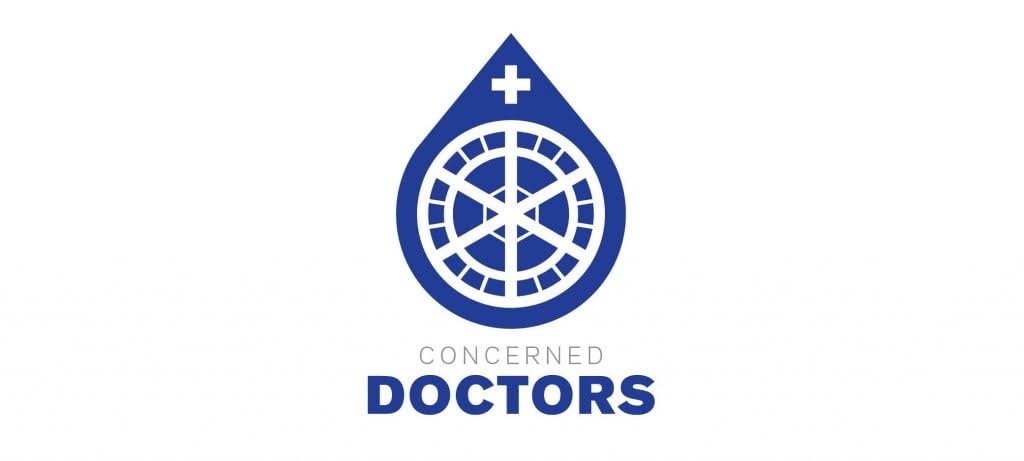In September 2021, a medical rebellion ignited in Birmingham, Alabama. At the Marriott hotel, a group of seasoned physicians—calling themselves the Concerned Doctors of Alabama—staged a bold event that tore through the silence surrounding pandemic policies. With credentials spanning decades of clinical and academic experience, these doctors stood united against what they deemed the “COVID madness” sweeping the nation: vaccine mandates, extended lockdowns, and the iron grip of centralized health directives.
*The event wasn’t just a press conference—it was a declaration of war on groupthink and medical authoritarianism.
Speaker after speaker slammed the top-down pandemic response, accusing public health institutions of pushing rigid, cookie-cutter treatment protocols that ignored the nuances of individual care. They charged that dissenting voices—even those backed by clinical experience and scientific rationale—had been silenced, censored, and professionally punished.
At the heart of the message: a call to restore the sacred pillars of medicine—informed consent, patient autonomy, and open scientific debate. “We are not anti-science,” declared Dr. David Calderwood in a speech that electrified the crowd. “We are pro-patient and pro-truth. Real science doesn’t muzzle its critics—it interrogates them.”
Dr. Calderwood and his colleagues challenged the suppression of alternative COVID treatments, pointing to early interventions and repurposed drugs that had shown anecdotal promise but were hastily labeled as misinformation. The doctors didn’t claim to have all the answers—they demanded the right to ask the questions. They insisted that the role of physicians is not to obey bureaucrats but to serve the best interests of their patients, without coercion or political interference.
The crowd—packed with nurses, frontline workers, and frustrated citizens—responded with thunderous applause. For many, this wasn’t just a medical summit—it was a lifeline of sanity in a sea of fear and control. Attendees voiced deep mistrust of government mandates and pharmaceutical influence, expressing outrage over how schools, churches, and livelihoods had been disrupted in the name of public health.
Speakers warned that the pandemic had exposed a broken system, where regulatory agencies and Big Pharma held too much sway, and ethical medicine had taken a back seat to political expediency. The message was clear: the crisis had become more than a virus—it was a full-blown test of freedom, ethics, and truth.
While the group didn’t oppose vaccines or public health outright, they rejected coercion in all forms. They called for a return to medical freedom—a world where decisions are made in consultation between doctor and patient, not dictated by centralized power.
The Birmingham event sent shockwaves through the state and beyond. Supporters hailed the doctors as heroes. Critics painted them as dangerous dissenters. But the Concerned Doctors of Alabama stood firm: their goal wasn’t to sow division—it was to ignite a conversation. One rooted not just in science, but in the foundational values of truth, liberty, and ethical care.
And in a time when silence reigned, they chose to speak—loudly, clearly, and unapologetically.
